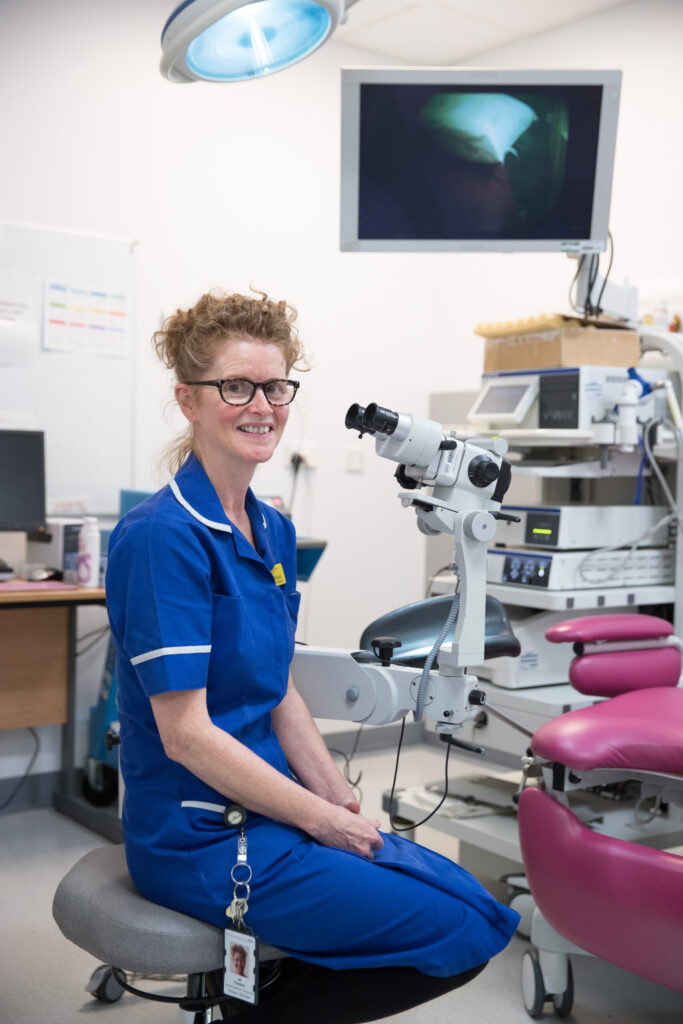- Work Hard
- 12th May 2022
- 1,036 Views
- 0
- 1 minutes
HLN meets… Jill Fozzard, RVI

This International Nurses Day, we caught up with Jill – Nurse Colposcopist at the RVI’s Women’s Health Unit – to chat smear tests, pregnancy scans and why nursing in the North East really is a profession we should all be proud of.










Comments